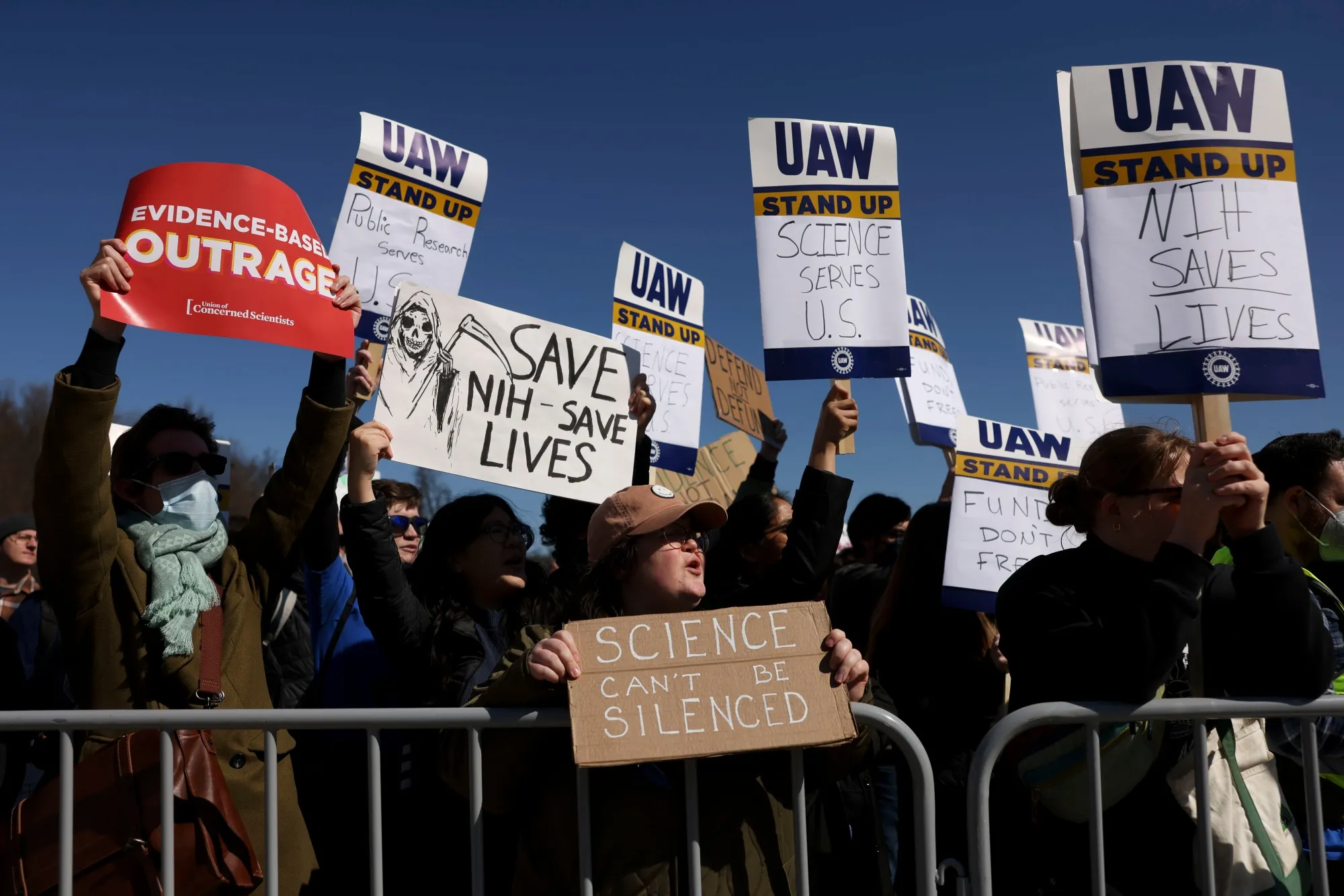
The Context of the Budget Cuts and Their Significance
In recent years, the United States has faced increasing scrutiny over governmental budget allocations, especially concerning scientific research and innovation. Under the Trump administration, significant budget cuts were proposed and implemented that threatened to undermine decades of progress in various scientific fields. These cuts not only jeopardize ongoing research but also hamper the nation’s future capacity for innovation, medicine, environmental protection, and technological advancement.
The controversy surrounding these budget cuts is rooted in their scope and potential consequences. As reported by The Guardian, these types of financial reductions are described as a disaster for all of us by leading scientists, emphasizing the widespread concern over their potential to cause irreparable damage to crucial research domains.
Impact on Scientific Research and Innovation
Breakdown of Funding Reductions
The proposed budget cuts targeted agencies such as the National Institutes of Health (NIH), the National Science Foundation (NSF), and the Environmental Protection Agency (EPA). These agencies are foundational to America’s scientific landscape, funding groundbreaking research and supporting scientists whose work addresses some of the most pressing issues of our time.
- National Institutes of Health (NIH): The NIH, which plays a pivotal role in medical research, stood to receive significantly less funding. This jeopardizes ongoing clinical trials, vaccine development, and basic biomedical research that could lead to cures for diseases like cancer, Alzheimer’s, and rare genetic disorders.
- National Science Foundation (NSF): Reductions in NSF budgets threaten fundamental scientific inquiry in fields from physics to social sciences, stalling the development of new technologies and understanding of complex societal phenomena.
- Environmental Protection Agency (EPA): Budget cuts to the EPA diminish the ability to monitor environmental health, enforce regulations, and respond to climate change-related crises, risking long-term ecological damage.
Scientific Community Response and Concerns
Many scientists and research institutions expressed their alarm regarding the potential consequences of these budget reductions, warning that they could undo years of progress. The community describes the situation as “a step backward for science and public health”. Experts emphasize that sustained investment in science is fundamental to economic growth, national security, and public well-being.
Testimonies from Scientists
According to a comprehensive article on The Guardian, scientists describe the impact as devastating: “This is not just a setback for scientific progress; it is a threat to our health, economy, and even national security.”
Many experts stated that such budget constraints dampen the morale of researchers, delay promising projects, and ultimately put the US at risk of falling behind other nations that continue to invest heavily in scientific research.
Broader Implications of Budget Cuts
Economic and Social Consequences
The implications extend beyond the laboratory and into the economy. Innovation driven by scientific research is a key driver of economic growth, leading to new industries and high-paying jobs. When the funding dries up, technological advancement stalls, and the country risks losing its competitive edge in fields like artificial intelligence, renewable energy, and biotechnology.
Socially, the reduction in scientific oversight and environmental monitoring hampers our ability to address major issues such as climate change, pollution, and public health crises like pandemics. Without adequate funding, the nation becomes less prepared for future challenges, risking human health and safety on a broad scale.
Calls for Reversal and Continued Investment
In response to these concerns, many advocacy groups, scientific associations, and community stakeholders are calling for a reassessment of budget priorities. They emphasize that investing in science is not a luxury but a necessity for sustainable development and societal resilience.
Some policymakers argue for a balanced approach that ensures robust funding for science and environmental protection while managing national priorities responsibly. They highlight the importance of bipartisan support to maintain America’s leadership in global scientific research.
The Future of Science in a Post-Cut Era
Looking ahead, the scientific community advocates for policies that encourage innovation rather than hinder it. It is crucial for the government to recognize the long-term benefits of sustained investment in research and development. This approach ensures a healthier, more prosperous, and environmentally sustainable future for all Americans.
Public awareness and engagement are vital in instigating change. Citizens are encouraged to advocate for science-friendly policies and to support organizations dedicated to fostering scientific progress in the face of political and financial challenges.
Conclusion
The warnings from US scientists about the devastating impact of Trump’s budget cuts are a stark reminder of the importance of investing in knowledge and innovation. As the world faces unprecedented challenges—from climate change to global health threats—hindered scientific progress will only exacerbate these issues.
It is imperative that policymakers reassess priorities to safeguard the future of science, health, and the environment. The decisions made today will resonate for generations to come, shaping the trajectory of American scientific achievement and global leadership.
For more updated news please keep visiting Prime News World.








